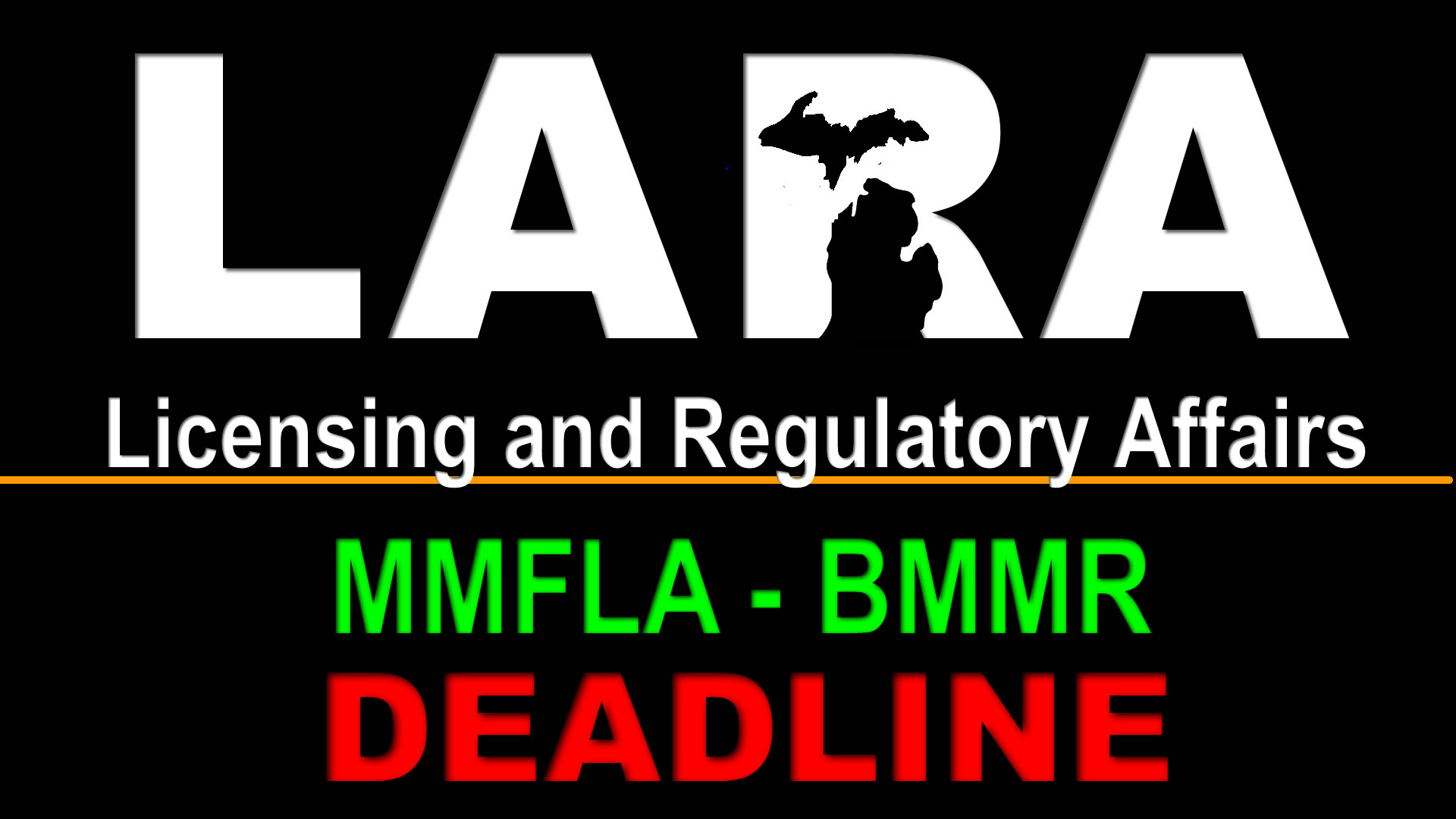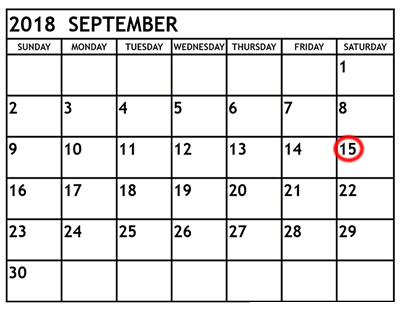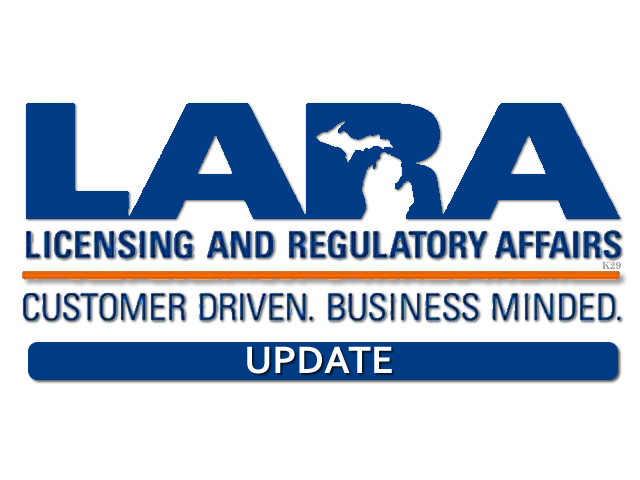
Nov 19, 2018 | Blog, News
Michigan Medical Marihuana Act (MMMA)
This legislation was passed in 2008 allowing for individuals and their assigned card carrying caregivers to grow and possess marijuana in limited quantities, as long as they had a prescription from a doctor.
The legislation left a lot of items open for interpretation, creating many gray areas and legal misinterpretations that were twisted to the advantage of one party over another. Gray areas like this got many people in legal trouble, even when they were trying to operate within the rules.
To date, dispensaries have typically been operating outside of this law. Some municipalities have shut down dispensaries while others have allowed them to operate. The MMMA says it allows for caregivers to receive compensation for their expenses in growing and creating medicine.
Visit the MMMA Forum to learn more and open discussions
Arrested for or Charged with DUI or driving under the influence of “drugs”?…Don’t Plea Out – Contact Komorn Law 800-656-3557.
Michigan Marihuana Facilities Licensing Act (MMFLA)
The MMFLA was passed in 2016 in an attempt to provide the state with legal framework for marijuana businesses to operate.
By applying for a permit with the local municipality, and then applying for and getting approved for a license with the state, approved businesses will be allowed to operate under rules that the state has been evolving.
There are currently 5 basic license types that will be issued, Class A, B, or C Cultivation, Processing (Extraction, cooking, packaging, etc), Provisioning (Dispensary), Safety Compliance (Testing labs), and Secure Transportation.
These businesses will operate under restrictive state regulations. There will be several requirements like reporting every purchase and sale to the state, undergoing extensive background searches, and following specific packaging standards. There is also a substantial application process involved in this model, along with annual fees and many other requirements.
Visit the Michigan State Licensing site for more information
Komorn Law has represented numerous clients through the legal chaos of starting up a business in the Michigan Medical Marihuana Industry as well as consulting and legal representation for Medical Maruhuana Patients and Caregivers.
If you or someone you know has been arrested as a result of Medical Marijuana, DUI, Drugs, Forfeiture, Criminal Enterprise or any other criminal charges please contact our office and ensure you’re defended by an experienced lawyer.
Attorney Michael Komorn is recognized as an expert on the Michigan Medical Marihuana Act. He is the President of the Michigan Medical Marijuana Association (MMMA), a nonprofit patient advocacy group which advocates for the rights of medical marijuana patients and their caregivers.
Contact us for a free no-obligation case evaluation 800-656-3557.
Follow Komorn Law
This page is for informational purposes only. Laws, regulations and the world change routinely, therefore we insist you consult an attorney for the most current legal information.

Oct 5, 2018 | Blog, Services
Assisting Those in the Marijuana Business
Michigan has had the Medical Marihuna Act in effect since 2008 and which has generated opportunities for those interested in owning or working in a business involving Cannabis.
With the possibility of marijuana becoming legal for recreational use, the State of Michigan is going to require specialized licensing in multiple categories to operate a Marijuana business.
Komorn Law Can Help.
At Komorn Law we have helped many clients through this process of obtaining licensing for the Medical Marihuana Facilities Act (MMFLA).
An example of some of the licenses available and some that may become available include:
- Provisioning Center Licensing
- Grow Licenses
- Cultivation Licenses
- Infused Product Licensing
- Occupation Licenses
- Transportation Licenses
Our attorneys can clarify the licensing and regulatory requirements and/or concerns.
There are many rules and regulatory issues that we can assist and advise you to be a legal patient or caregiver. Our attorneys also can help your marijuana business maintain compliance and grow safely though the changing laws.
Law Enforcement and the court systems prey upon the confusion cause by the laws and regulations. Komorn Law has assisted many clients both before and after encounters with Law Enforcement or regulators.
Non-compliance means penalties.
Failure to comply with rules and regulations can result in a list if infractions or penalties or even possibly legal charges against you and/or your business. This can slow down or posibly shut down your business for good.
Being proactive and not reactive can save you a lot of money and wasted resources.
It’s important before rather than after to make sure that you comply with Michigan’s laws: Failure to do so could make your facility a more appealing objective for the federal government.
Contact us today for help in understanding Michigan’s medical marijuana laws and the proposed recreational marijuana licensing programs. 800-656-3557.
Komorn Law has represented numerous clients through the legal chaos of starting up a business in the Michigan Medical Marihuana Industry as well as consulting and legal representation for Medical Maruhuana Patients and Caregivers.
If you or someone you know has been arrested as a result of Medical Marijuana, DUI, Drugs, Forfeiture, Criminal Enterprise or any other criminal charges please contact our office and ensure you’re defended by an experienced lawyer.
Attorney Michael Komorn is recognized as an expert on the Michigan Medical Marihuana Act. He is the President of the Michigan Medical Marijuana Association (MMMA), a nonprofit patient advocacy group which advocates for the rights of medical marijuana patients and their caregivers.
Contact us for a free no-obligation case evaluation 800-656-3557.
Follow Komorn Law
This page is for informational purposes only. Laws, regulations and the world change routinely, therefore we insist you consult an attorney for the most current legal information.

Sep 8, 2018 | Blog, LARA-MMFLA Info
The Michigan Cannabis Business Licensing Deadline
September 15, 2018
The Medical Marihuana Licensing Board’s September 15th deadline for unlicensed provisioning centers to close is approaching fast.
Only about 16 licenses out of a reported 637 applications have been approved.
There are approximately over 200 provisioning centers operating temporarily under state emergency rules. Most will have to shut down on the deadline date.
“The implementation is insufficient,” says attorney Josh Colton of the Komorn Law firm. “Patients need safe access to their medicine. Extending the deadline from June to September was for this purpose. To all of a sudden shut this down is going to leave quite a few people scrambling.”
“Even though I think [MMLB] are doing everything they possibly can, even if they are successful in getting 20 more facilities licensed, it is simply not enough to take care of the patient base,” says Colton.
“I have many cannabis business clients looking for answers” said attorney Michael Komorn who has experience and is recognized as an expert in Michigan Medical Marijuana laws.

Aug 31, 2018 | News
Sept 15, 2018 – The Michigan Cannabis Business Licensing Deadline
The Medical Marihuana Licensing Board’s September 15th deadline for unlicensed provisioning centers to shut down is approaching fast. Originally the deadline was June 15, 2018, but the state licensing office moved it due to an apparent backlog in processing applications
Only about 16 licenses out of a reported 637 applications have been approved.
There are approximately over 200 provisioning centers operating temporarily under state emergency rules. Most will have to shut down on the deadline date.
There are licenses that have been approved which include cannabis businesses in each of the five classes of operation in the state regulatory system. Even if there are more licenses approved at a meeting scheduled Sept. 10 meeting, it might only be a few.
“The implementation is insufficient,” says attorney Josh Colton of the Komorn Law firm. “Patients need safe access to their medicine. Extending the deadline from June to September was for this purpose. To all of a sudden shut this down is going to leave quite a few people scrambling.”
There are approximately 300,000 Michigan medical marijuana patients. The licensing bureau has calculated that two-thirds of the patients live within 30 miles or so of a county where one of the licensed provisioning centers is located.
“Even though I think [MMLB] are doing everything they possibly can, even if they are successful in getting 20 more facilities licensed, it is simply not enough to take care of the patient base,” says Colton.
“I have many cannabis business clients looking for answers” said attorney Michael Komorn who has experience and is recognized as an expert in Michigan Medical Marijuana laws.

Aug 2, 2018 | Blog, LARA-MMFLA Info, Michigan Medical Marhuana Regulation
LARA-MMFLA Update-Per Rule 40, Section 2(a) of the Emergency Rules, a licensed provisioning center may sell or transfer marihuana product to a visiting qualifying patient if all of the following are met:
Update-The licensee verifies that the visiting qualifying patient has a valid unexpired medical marihuana registry card or its equivalent issued in another state, district, territory, commonwealth, or insular possession of the United States that allows the medical use of marihuana.
The licensee confirms that the visiting qualifying patient presented his or her valid driver license or government-issued identification card that bears a photographic image of the visiting qualifying patient.
All provisioning centers within the State of Michigan that are currently operating temporarily with local approval are advised that no patient identification (ID) cards are being issued by the state of Ohio’s Medical Marijuana Control Program (MMCP) at this time. LARA-BMMR has been informed that the State of Ohio Board of Pharmacy will not be issuing valid Ohio patient registry cards until September 2018. Any patient ID card presented from the state of Ohio to a provisioning center in Michigan before September 2018 is considered invalid and constitutes a violation of Rule 40 Section 2(a) of the MMFLA Emergency Rules.
Based on the available data, the following states are currently issuing medical marihuana cards
or registration certifications to patients:
• Alaska
• Arizona
• California
• Colorado
• Connecticut
• Delaware
• Florida
• Hawaii
• Illinois
• Maine
• Maryland
• Massachusetts
• Minnesota
• Montana
• Nevada
• New Hampshire
• New Jersey
• New Mexico
• New York
• Ohio#
• Oregon
• Pennsylvania
• Rhode Island
• Vermont
• Washington
• Washington DC
• West Virginia*
# Has a medical marijuana program, but will not issue patient ID cards until September 2018.
* Has a medical marijuana program, but will not issue patient ID cards until July 1, 2019.
View official LARA release HERE
LARA Site Document





